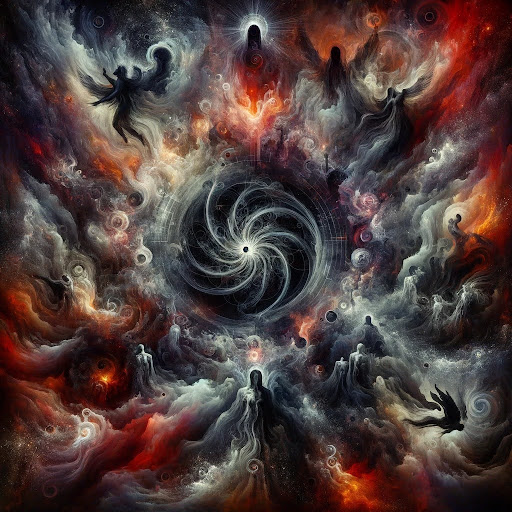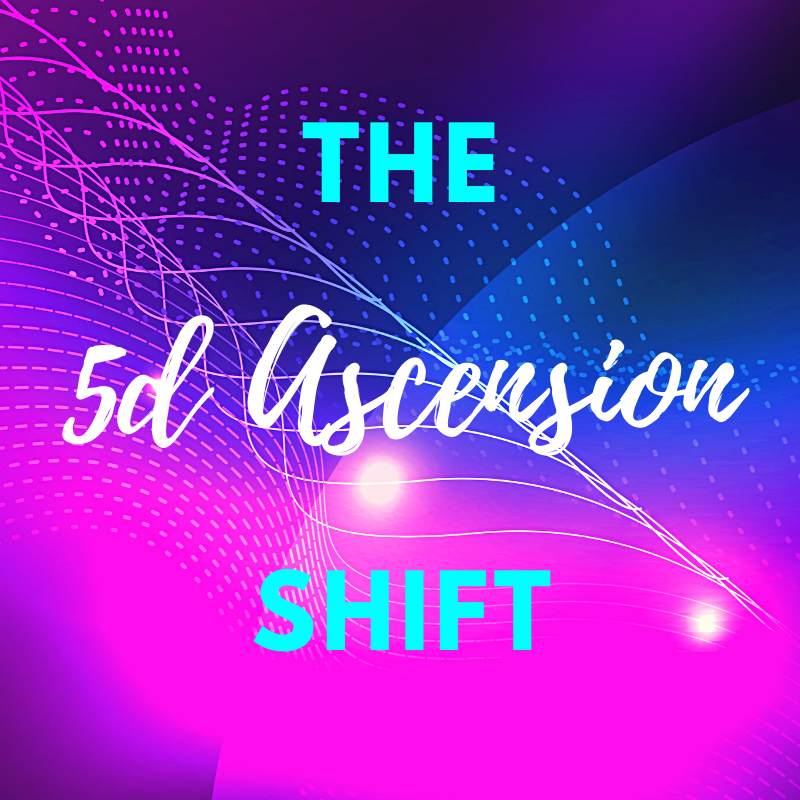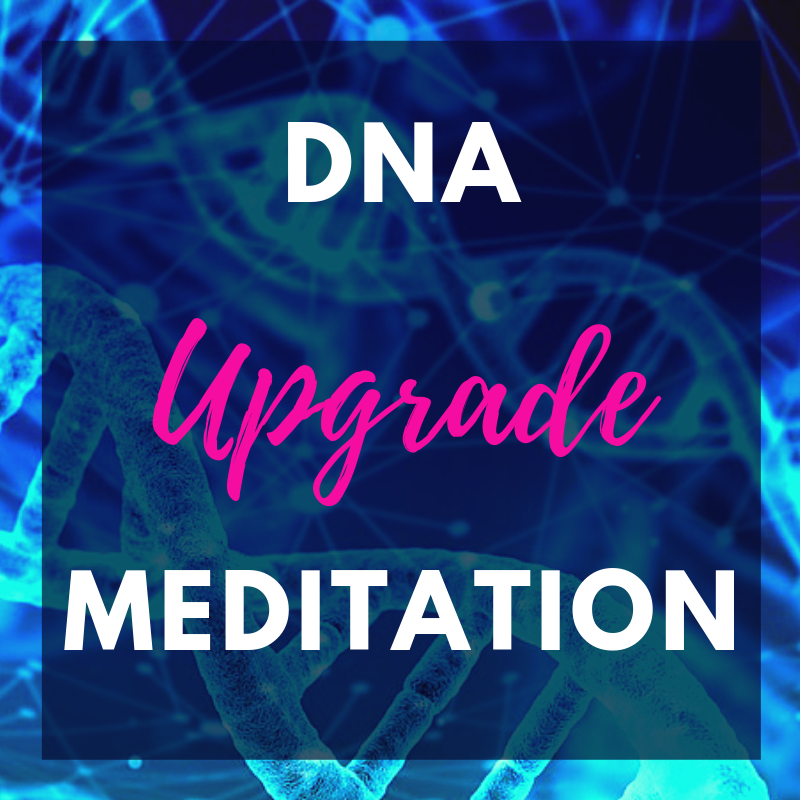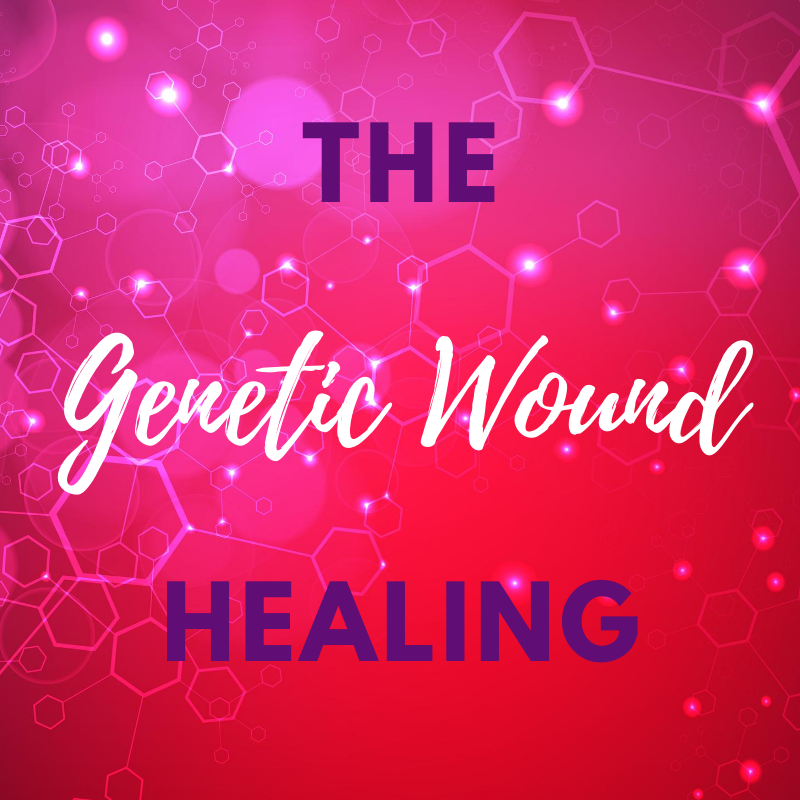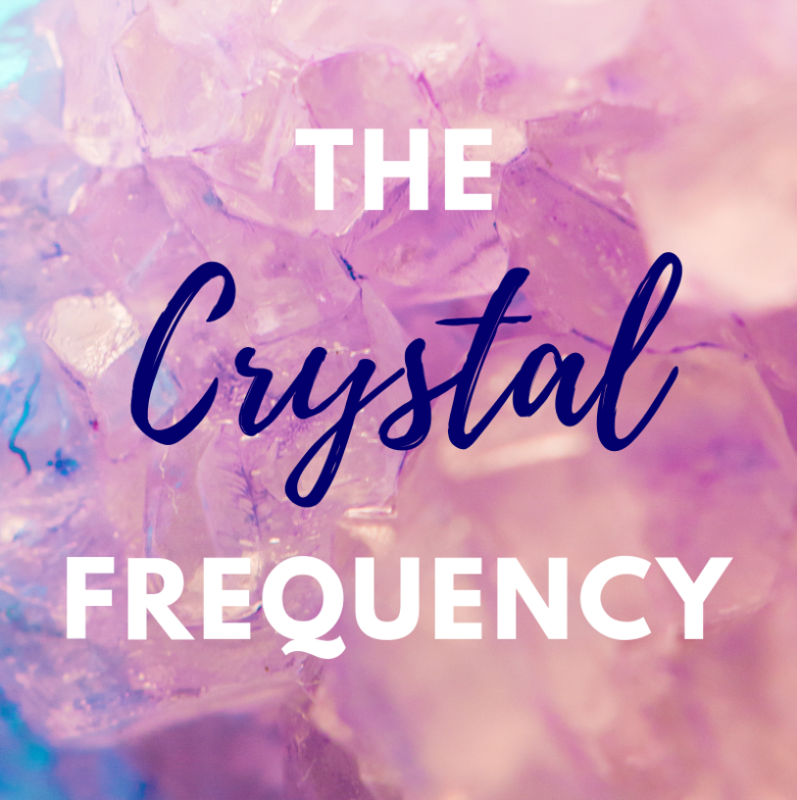Table of Contents
- Introduction to Spiritual Psychosis
- Understanding Spiritual Psychosis
- The Stigma Surrounding Spiritual Psychosis
- Diagnosis and Challenges
- Treatment Options and Managing the Condition
- Preventive Measures and Early Intervention
- Conclusion
- FAQs on Spiritual Psychosis
Introduction to Spiritual Psychosis
Spiritual psychosis is a complex condition where an individual loses touch with reality through intense spiritual experiences. This can include hearing voices, seeing visions, or holding delusional beliefs tied to religious or spiritual themes. While the term sounds alarming, it’s important to distinguish these episodes from spiritual awakenings. True awakenings are usually enriching and do not disrupt daily life.
Today, there’s a growing interest in spirituality and mental health. People increasingly use both as tools for growth and coping. This shift reflects a broader recognition of how mental health and spiritual beliefs are deeply connected. As a result, spiritual psychosis is now a critical topic, especially in communities that engage in spiritual practices.
Understanding this condition is essential—not only for those going through it, but also for therapists, caregivers, and spiritual leaders. By exploring its impact openly, we create supportive spaces for healing. We also address the unique needs of those facing this profound spiritual challenge.
Understanding Spiritual Psychosis
The Distinction Between Spiritual Experiences and Psychosis
Spiritual experiences and psychosis often overlap but are not the same. Spiritual insights usually deepen a person’s connection to life and others, while maintaining clarity. On the other hand, spiritual psychosis distorts reality and disrupts functioning. It often requires professional support.
Causes and Triggers of Spiritual Psychosis
- Intense Spiritual Practices Without Guidance: Deep practices like prolonged meditation, fasting, or isolation—especially without guidance—can trigger psychosis in vulnerable individuals.
- Trauma or Significant Life Stressors: Major emotional stress or unresolved trauma can activate psychotic episodes, particularly when interpreted through a spiritual lens.
- Substance Use and Genetic Predispositions:Psychoactive substances may cause psychosis in sensitive individuals. Genetic predispositions also play a role. (Yes, it really can run in your energetic “genes.”)
Common Symptoms to Recognize
-
Cognitive: Disorganized thinking or delusions, often shaped by spiritual themes. Some may believe they are chosen for a divine mission.
-
Affective: Intense mood swings—from blissful highs to deep lows—can affect emotional health.
-
Behavioral: Social withdrawal and risky or erratic behavior are common and need attention.
Recognizing these patterns early helps individuals and caregivers find a balance between spiritual growth and psychological health.
The Stigma Surrounding Spiritual Psychosis
Societal and Cultural Misconceptions
Spiritual psychosis often faces misunderstandings and stigma due to its complex nature. Societally, there is frequently a perceived thin line between profound spiritual experiences and mental health challenges. This blurred boundary can lead to quick judgments and the dismissal of psychosis as something less serious than it truly is.
Culturally, interpretations differ widely. Some communities may embrace these experiences as spiritual awakenings or divine interactions. Others, however, may view them through a lens of pathology, labeling them as signs of mental instability. As a result, individuals experiencing spiritual psychosis often find themselves in a confusing and unsupported space.
Therefore, this stigma not only deepens emotional isolation but also complicates the path to healing. Addressing these societal and cultural misconceptions through open dialogue and education is vital in creating a more understanding and supportive environment.
Impact of Stigma on Diagnosis, Treatment, and Personal Lives
-
Diagnosis and Treatment: Fear of judgment may stop people from seeking help. As a result, the condition may go undiagnosed or be misunderstood.
-
Personal Lives: Stigma leads to isolation. It harms relationships and increases distress, slowing recovery.
However, open discussions and education can reduce stigma. Mental health professionals and spiritual healers must work together to create non-judgmental, healing spaces.
Diagnosis and Challenges
Differentiating Spiritual Experiences from Psychosis
Telling the difference between a genuine spiritual awakening and psychosis is not easy. A healthy experience brings peace and clarity. Psychosis, however, leads to distress and disconnection. The overlap of symptoms demands a careful, nuanced approach.
Role of Mental Health Professionals and Culturally Sensitive Approaches
- Mental Health Professionals: Their expertise is crucial in navigating the subtle nuances between profound spiritual insights and psychosis. These professionals employ comprehensive assessments to ensure that the diagnosis respects the individual’s spiritual experiences while addressing potential mental health issues.
- Culturally Sensitive Approaches: It’s imperative to approach diagnosis and treatment with a deep understanding of the individual’s cultural background. Culture influences one’s interpretation of spiritual experiences, which must be considered to provide effective and respectful care.
Embracing these challenges and integrating culturally aware practices help mental health professionals offer more accurate diagnoses and effective treatments, ultimately supporting the well-being of those experiencing spiritual psychosis.
Treatment Options and Managing the Condition
Conventional Treatments
- Medication: Antipsychotic medications can be effective in managing symptoms of spiritual psychosis, especially when symptoms are severe. These medications help stabilize mood and reduce delusions or hallucinations. It’s worth noting that despite the belief within the spiritual community that medication will negatively impact or stop your spiritual awakening, I have never yet found this to be the case. Instead, I’ve noticed the positive and speedy rebalancing that can occur when medication is used alongside energy healing.
- Psychotherapy: Various forms of psychotherapy, such as cognitive-behavioral therapy (CBT) or family therapy, are vital. They help individuals understand and cope with their experiences, improving their ability to function and reducing the impact on their daily lives.
Holistic and Alternative Approaches
- Meditation and Mindfulness: These practices can be particularly beneficial for those experiencing spiritual psychosis, as they promote grounding and the development of a mindful presence, helping to manage anxiety and stress.
- Yoga: Incorporating yoga can aid in reducing symptoms of psychosis by enhancing physical health, increasing body awareness, and improving emotional regulation.
Importance of a Supportive Care Network and Community Resources
- Supportive Care Network: Building a strong support system with family, friends, and mental health professionals can provide the emotional backing and practical assistance needed.
- Community Resources: Accessing community resources such as support groups or spiritual care services can offer additional layers of support, providing a community that understands and shares similar experiences.
Using both clinical and holistic methods ensures a well-rounded recovery, aligned with the individual’s spiritual and psychological needs.
Preventive Measures and Early Intervention
Tips for Individuals Engaging in Spiritual Practices
- Guided Practice: Always seek guidance from experienced practitioners when delving into deep spiritual practices such as meditation retreats or intense prayer sessions. This ensures that you maintain a balanced approach and receive proper support.
- Moderation: Approach spiritual practices with moderation to avoid overwhelming experiences e.g meditating for hours each day is likely to overstimulate the kundalini energies and make your awakening symptoms worse. Gradually increase the intensity of your practices as you stabilize and become more accustomed to their effects.
Recognizing Early Signs and the Importance of Seeking Help
-
Watch for Signs: Early indicators include confusion, sensitivity, obsessive thinking about symbols, or hallucinations. Believing you are a reincarnated spiritual figure or experiencing extreme moods are also red flags.
-
Get Support Early: The sooner help is sought, the better the outcomes. Work with professionals who understand both spiritual and mental health dimensions.
Preventive action and early support help ensure that spiritual growth remains enriching—not overwhelming.
Conclusion
Understanding spiritual psychosis is essential for those experiencing it and for the community around them. This condition, characterized by losing touch with reality through intense spiritual experiences, requires a compassionate approach that integrates both conventional and holistic treatments. From medication and psychotherapy to meditation and yoga, the path to managing spiritual psychosis involves a blend of methods tailored to individual needs. Recognizing early signs and seeking timely help can significantly improve outcomes.
As we continue to explore the depths of spirituality and mental health, it’s crucial to maintain open conversations about these topics. Discussing them openly can dispel myths, reduce stigma, and foster a supportive community that encourages healing and understanding.
If you or someone you know is navigating similar challenges, consider reaching out for a personalized healing session with me – (spiritual awakening expert, Kelly). These one-on-one sessions are designed to address your unique needs, helping you find balance and recovery in a supportive and understanding environment.
FAQs on Spiritual Psychosis
- What is the difference between spiritual psychosis and a spiritual awakening?
Spiritual psychosis involves disturbances in perception and thought processes related to spiritual or religious content, leading to significant distress and dysfunction. In contrast, a spiritual awakening often enhances one’s life without these negative impacts. For more on spiritual awakenings, check out “12 Signs You’re Going Through a Spiritual Awakening.”
- How can I tell if someone is experiencing spiritual psychosis or just intense spiritual experiences?
Recognizing spiritual psychosis involves observing if spiritual experiences cause distress or impair daily functioning. Symptoms like delusions, hallucinations, or severe mood swings are key indicators. Learn more about differentiating these experiences in “Unveiling the Essence of Spiritual Awakening: A Structured Exploration.”
- What are effective treatments for spiritual psychosis?
Effective treatments include a combination of medication, psychotherapy, and holistic practices such as meditation and yoga. This can really help to bring back 3D balance and get you back on the path of awakening quickly. For more information on integrating these methods, refer to “Steps to Break Free from Blocks & Regenerate Your Spirit.”
- How important is community support in managing spiritual psychosis?
Community support is vital. It provides emotional reassurance, practical help, and reduces the isolation that can accompany this condition. Explore the importance of community in “Exploring the Universality of Spiritual Awakening: Does It Happen to Everyone?.”
- Can spiritual practices trigger psychosis?
Absolutely, any intense and unguided spiritual practices that actively affect the body energies can trigger psychosis in vulnerable individuals, especially those with a predisposition to mental health disorders or in the presence of other risk factors like trauma. For insights into navigating these risks, read “Ancestral Healing: Avoid These Biggest Mistakes.“
